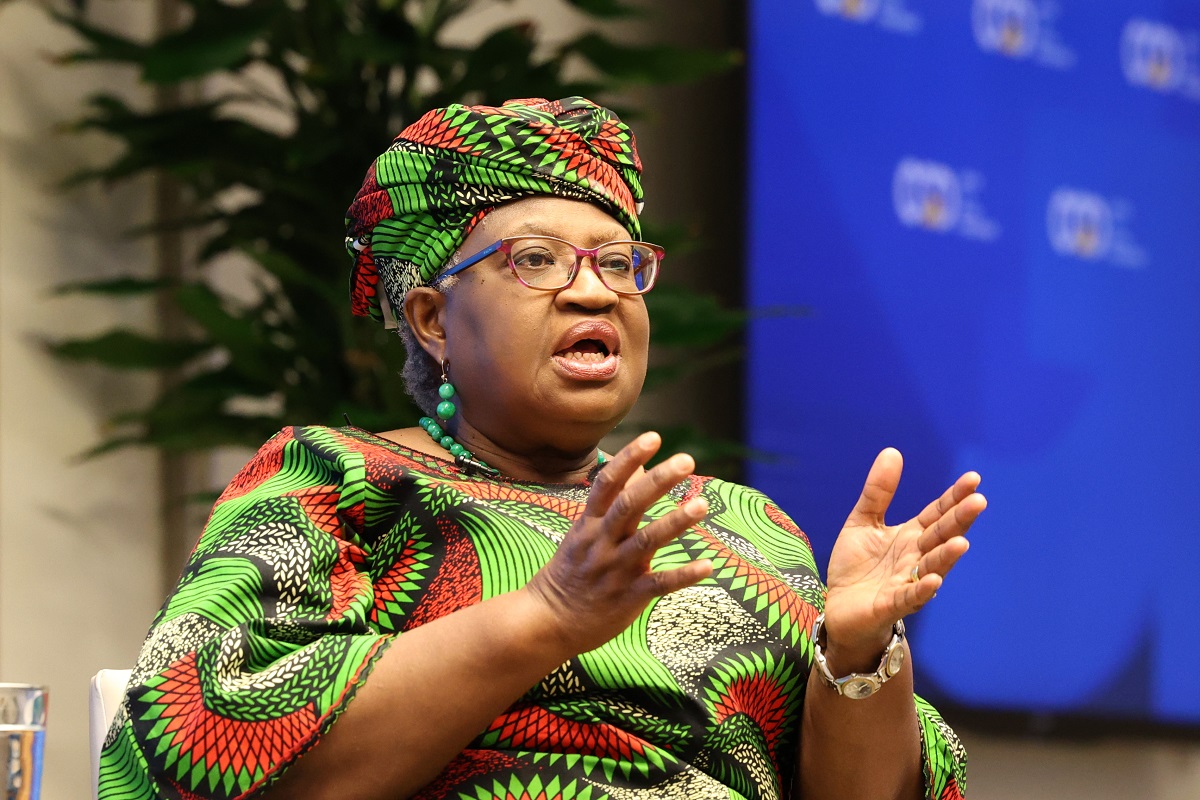Trade ministers, while attending the World Trade Organization (WTO) meeting in Nairobi, again managed to pull a rabbit out of the hat. Faced with the prospect of complete failure, ministers worked overtime to cobble together a package of mostly small, symbolic agreements at the WTO’s Tenth Ministerial Conference. India’s leaders deserve kudos for standing up to intense political pressure and not blocking the agreement. But even though they identified a few areas of consensus, developed and developing countries remain deeply divided over the future of the WTO negotiating agenda and how to move forward. So, while the outcome is not being greeted with the same dismay, Nairobi looks more like the Copenhagen summit on climate change than the recent session in Paris, which managed to bridge North-South differences.
Director-General Azevêdo hailed the deal on agricultural export competition as the “most significant outcome on agriculture” in the WTO’s history—less impressive praise when you realize it is the only such agreement. The WTO’s predecessor, the General Agreement on Tariffs and Trade, banned export subsidies decades ago because they are among the most trade-distorting measures. But there was an exception for agriculture at long last removed in Nairobi. Dig into the details and we find that the European Union agreed to eliminate export subsidies that it no longer uses, and the United States accepted “disciplines” on its food aid and agricultural export credit programs that allow it to keep doing what it’s doing. India and China secured commitments to continue negotiation on their demands to further loosen disciplines on their trade-distorting support for farmers.
Agreements aiming to improve market access for poor cotton exporters and other least-developed countries “encourage” members to “consider” taking steps in the right direction. In other words, they are likely to have little or no impact on actual behavior. The most commercially significant decision was the expansion of the Information Technology Agreement (ITA). Under this “critical mass agreement,” a subset of two dozen developed and developing WTO members, accounting for 90 percent of the trade, will eliminate tariffs on more than $1 trillion in information technology products. The tariff cuts are on a “most-favored nation” basis, meaning that consumers in all WTO member countries will benefit. The ministerial decisions are here.
The question of what to do about the Doha Round of multilateral trade negotiations proved unresolvable, however. India, China, and other developing countries insisted to the end that the hopelessly deadlocked Doha Development Agenda must remain the basis for negotiations going forward. US Trade Representative Michael Froman was equally adamant that it could not. The ministerial declaration affirms the commitment of all members to “advance negotiations on the remaining Doha issues” and to “maintain development” at the center of the organization’s work, but it also effectively buries the long-suffering Doha Round.
The question now is what comes next and whether the WTO will continue to have a role in setting the rules of trade. The Financial Times’ Shawn Donnan identified the core of the dilemma in a piece over the weekend:
The tension is akin to that in UN-sponsored climate talks. This month’s climate agreement in Paris was reliant in many ways on developing countries such as China recognising that the world had changed since the Kyoto protocol of 1997, which bound advanced economies but not emerging ones.
But at the WTO, that is something developing nations have failed to do.
In Paris, three key players—the United States, China, and India—realized that climate change was a great enough threat that things needed to change even where it meant confronting difficult political circumstances at home. While it didn’t happen in Nairobi, the key players will need to summon similar courage to safeguard the future of the multilateral trade system.
CGD blog posts reflect the views of the authors, drawing on prior research and experience in their areas of expertise.
CGD is a nonpartisan, independent organization and does not take institutional positions.





